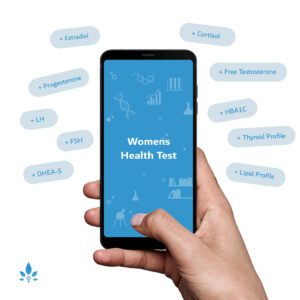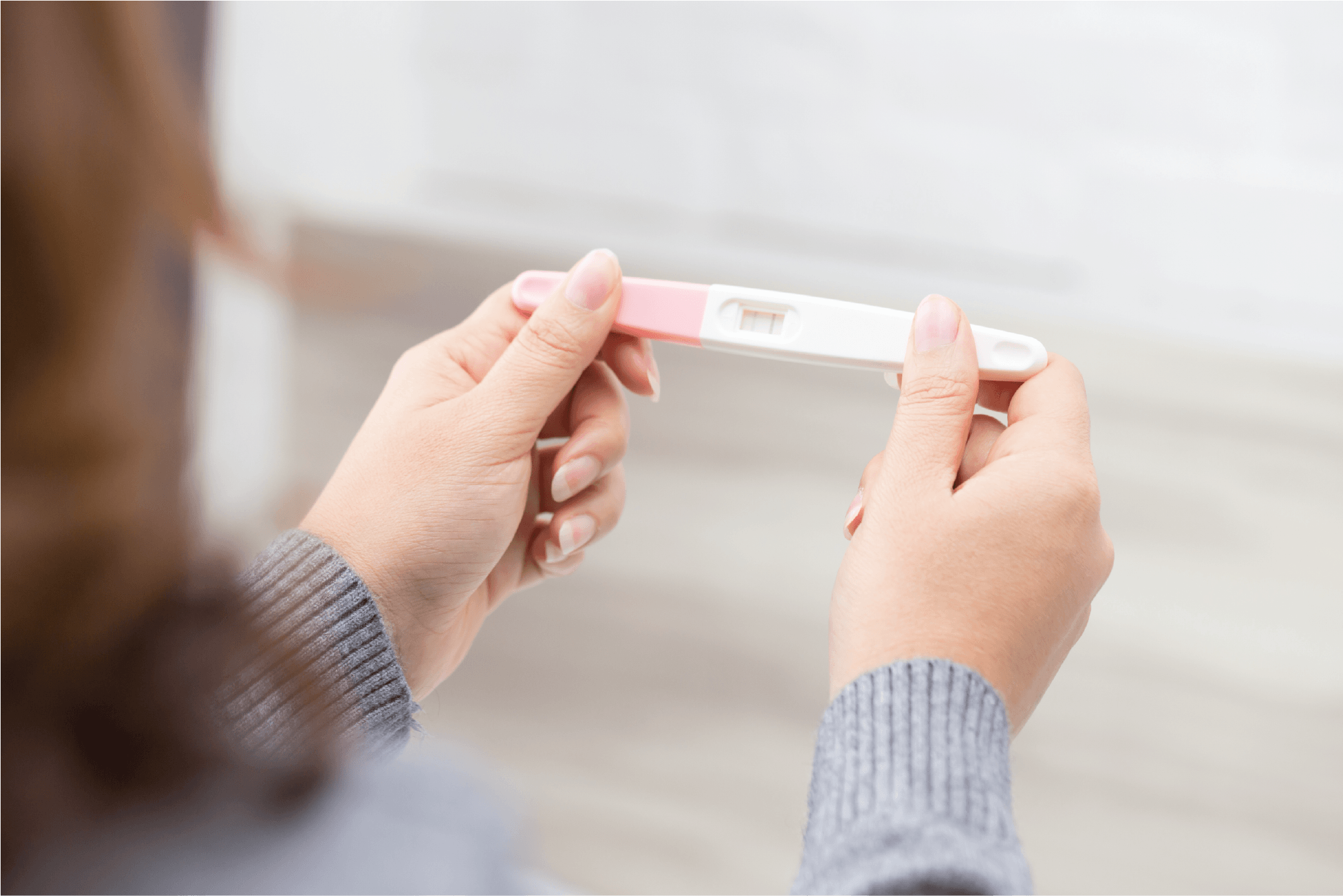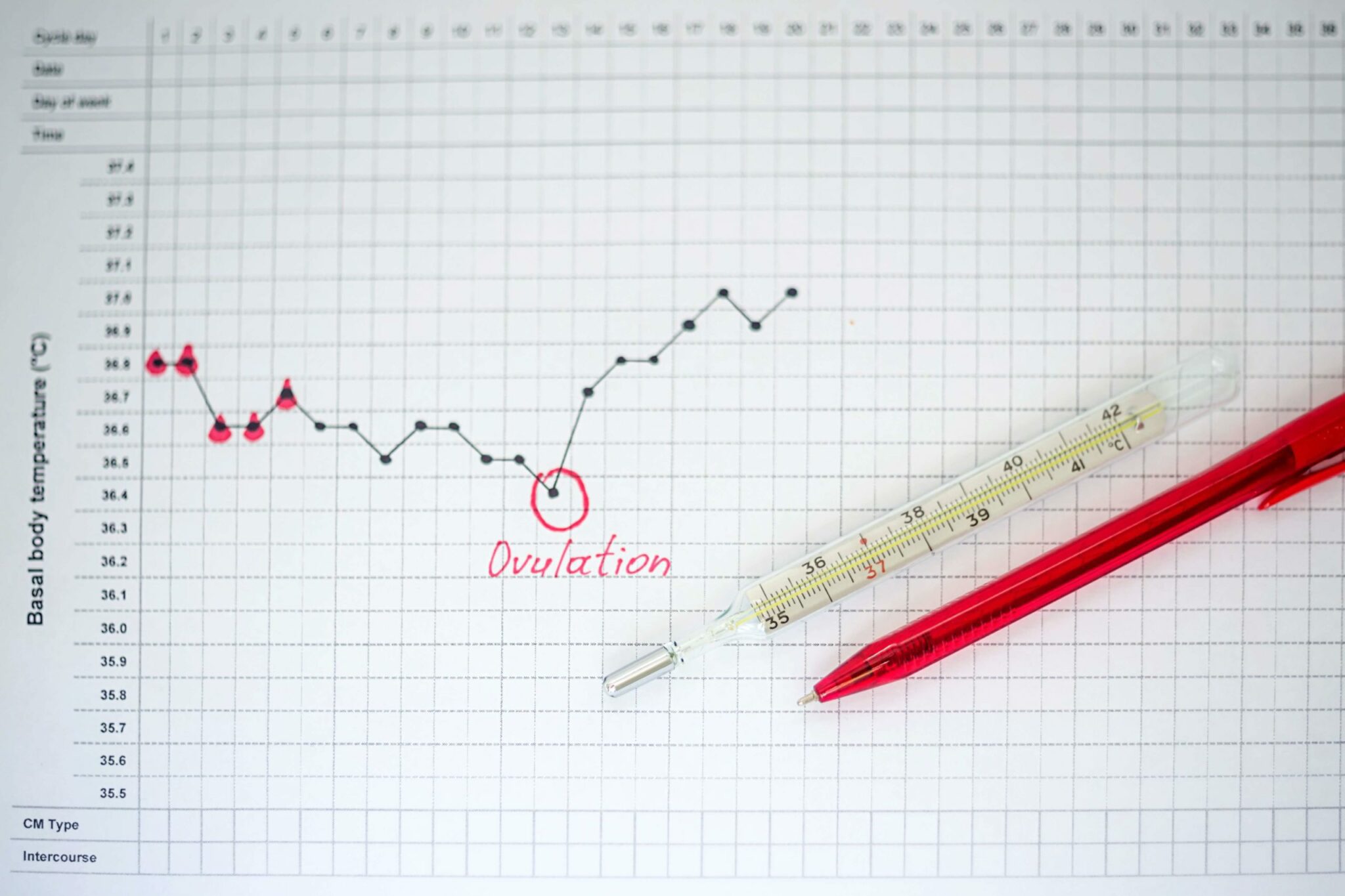Why you Should Take Your Prenatal Vitamins


Did you know that about one in every 33 babies is born with a birth defect? Although not all birth defects are preventable, a woman can take steps to increase her chances of having a healthy baby. One of these steps for all women of childbearing age, even if they are not trying to conceive any time soon, is to take a prenatal vitamin and mineral supplement.
A prenatal vitamin will help ensure you are getting the right amount of nutrients before and during pregnancy. Birth defects of the brain and spine (anencephaly and spina bifida) occur in the first few weeks of pregnancy, usually before you find out you’re pregnant. By the time you realize you are pregnant, it might be too late to prevent those birth defects. This is especially important because half of all pregnancies in the United States are unplanned.
Even if your diet is close to perfect and you are eating a variety of foods, including meat, dairy products, fruits and vegetables, and grains and legumes, you can still be lacking certain nutrients you and your baby need, especially folic acid and iron.
Try Nabta’s Mother and baby selfcare pack too, it will help you when you get a folic test to be sure if you have enough iron and calcium for your baby.
Why are folic acid and iron so important?
Folic acid, or vitamin B9, is needed for the proper development of the human body. Getting enough folic acid not only reduces your baby’s risk of developing spina bifida and anencephaly by 50-70 percent, but taking a folic acid supplement may also reduce the risk of your baby developing other defects, such as cleft lip, cleft palate, and certain heart conditions.
Your body absorbs the synthetic version of folic acid found in vitamins more efficiently than the natural form of folic acid found in food, so even if you do eat a well-balanced diet, a supplement is strongly recommended.
Many women do not consume enough meat. Therefore, taking an iron supplement is very important in preventing iron-deficiency anemia. Iron-deficiency anemia in pregnancy can increase your risk of preterm delivery, low birth weight, and infant mortality.
How do I choose a prenatal supplement that is right for me?
It is up to you and your healthcare provider to make sure you choose a prenatal supplement that is safe and appropriate for you. Your practitioner will probably recommend that you start taking a prenatal vitamin, either a prescription one or an over-the-counter brand, at your first prenatal checkup. Unless your physician recommends it, do not take any other vitamin or mineral supplement while you are taking a prenatal supplement.
Sources:
- Centers for Disease Control and Prevention
- Facts About Cleft Lip and Cleft Palate.
Centers for Disease Control and Prevention - Spina Bifida.
Centers for Disease Control and Prevention - Recommendations to Prevent and Control Iron Deficiency in the United States.
Powered by Bundoo®












































